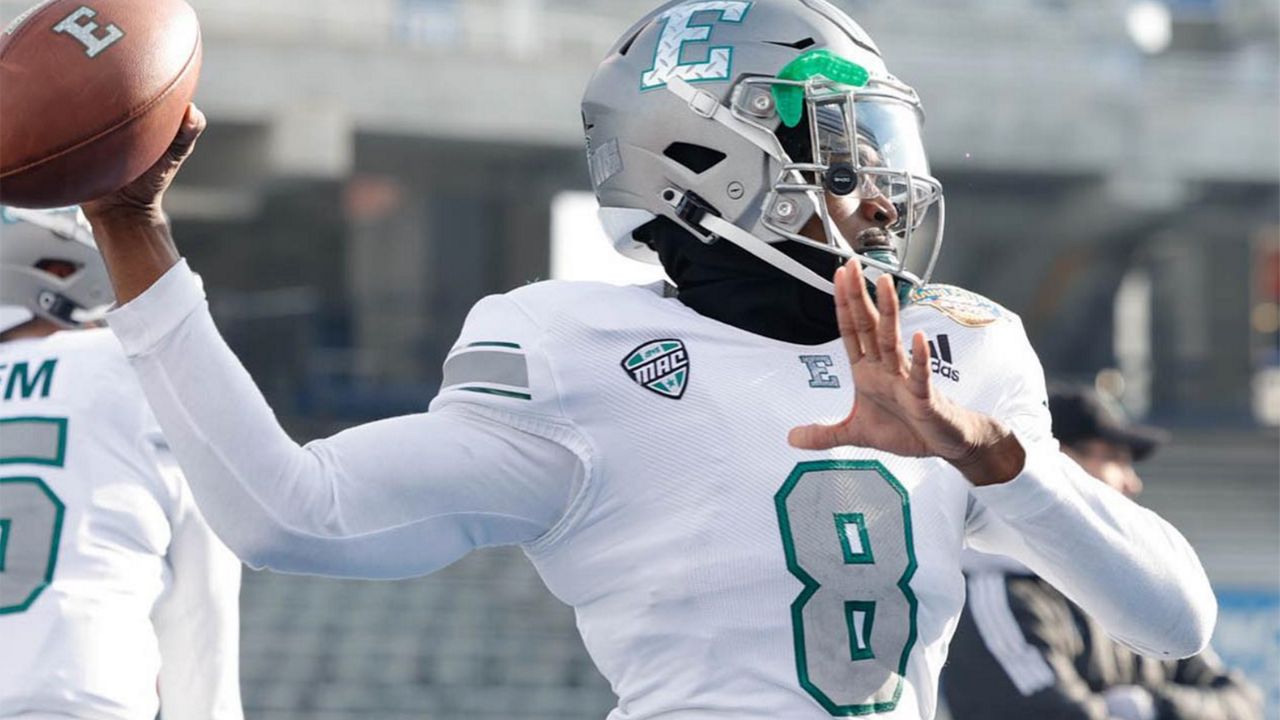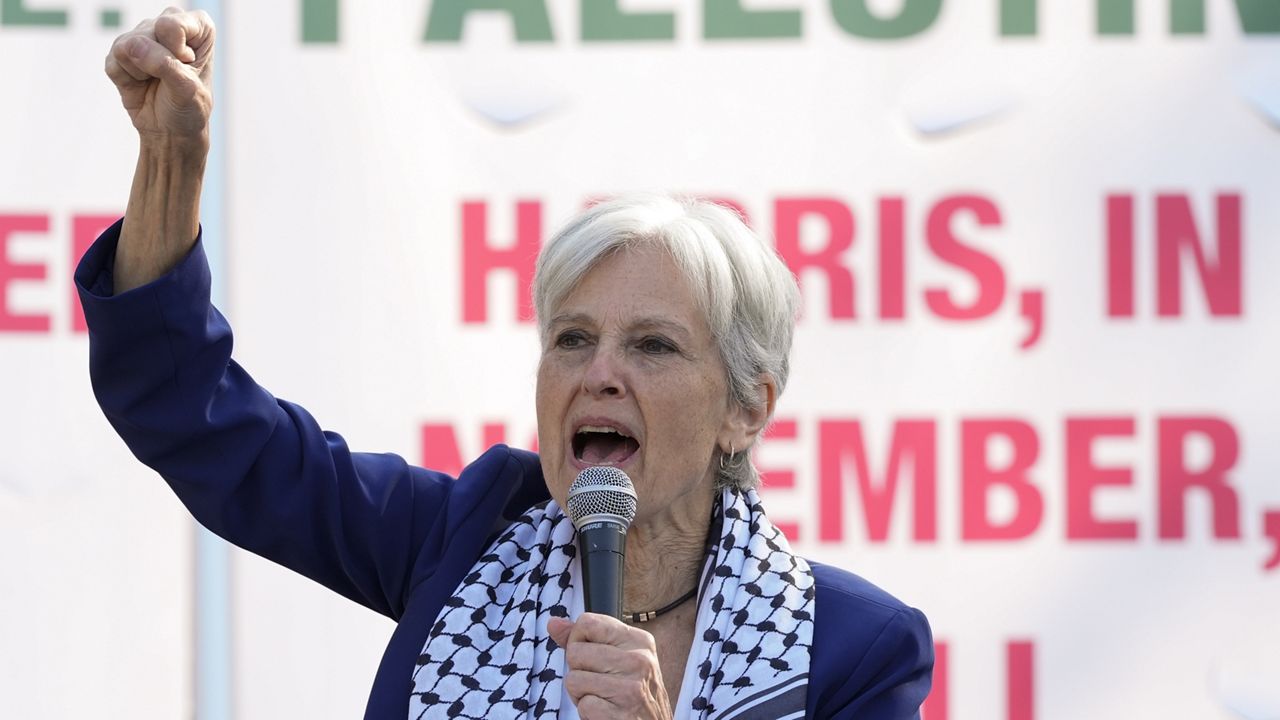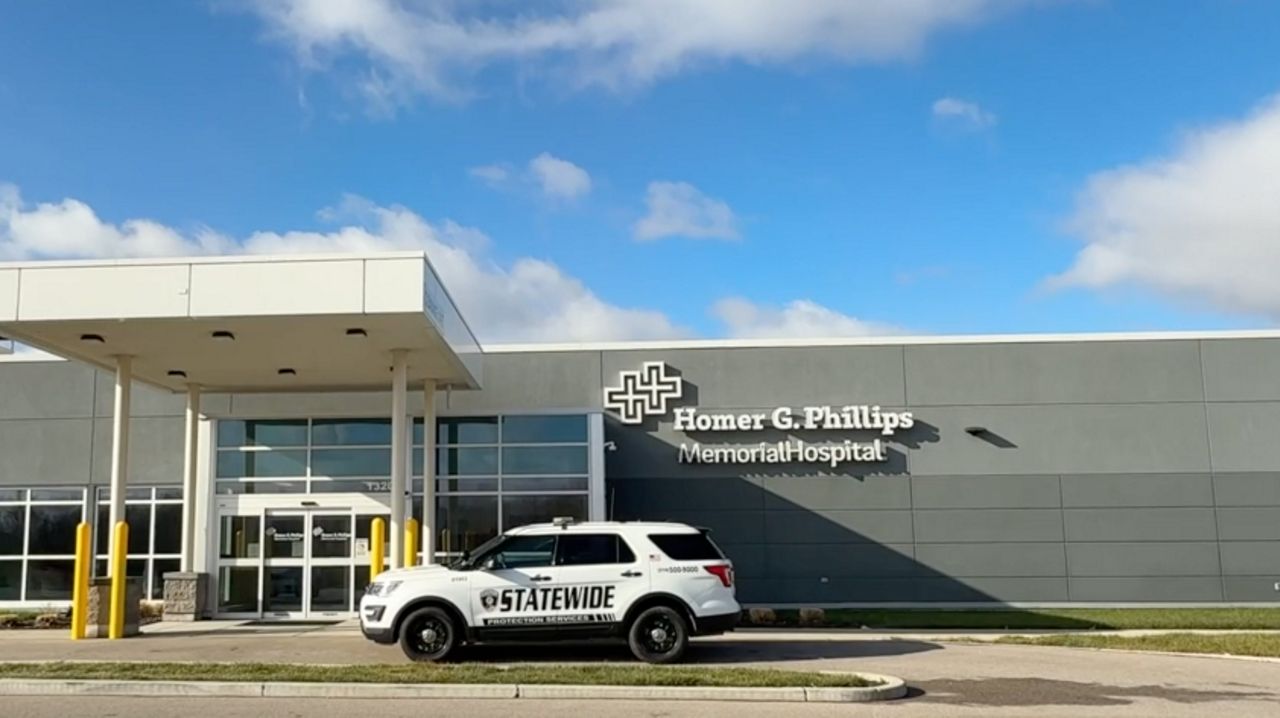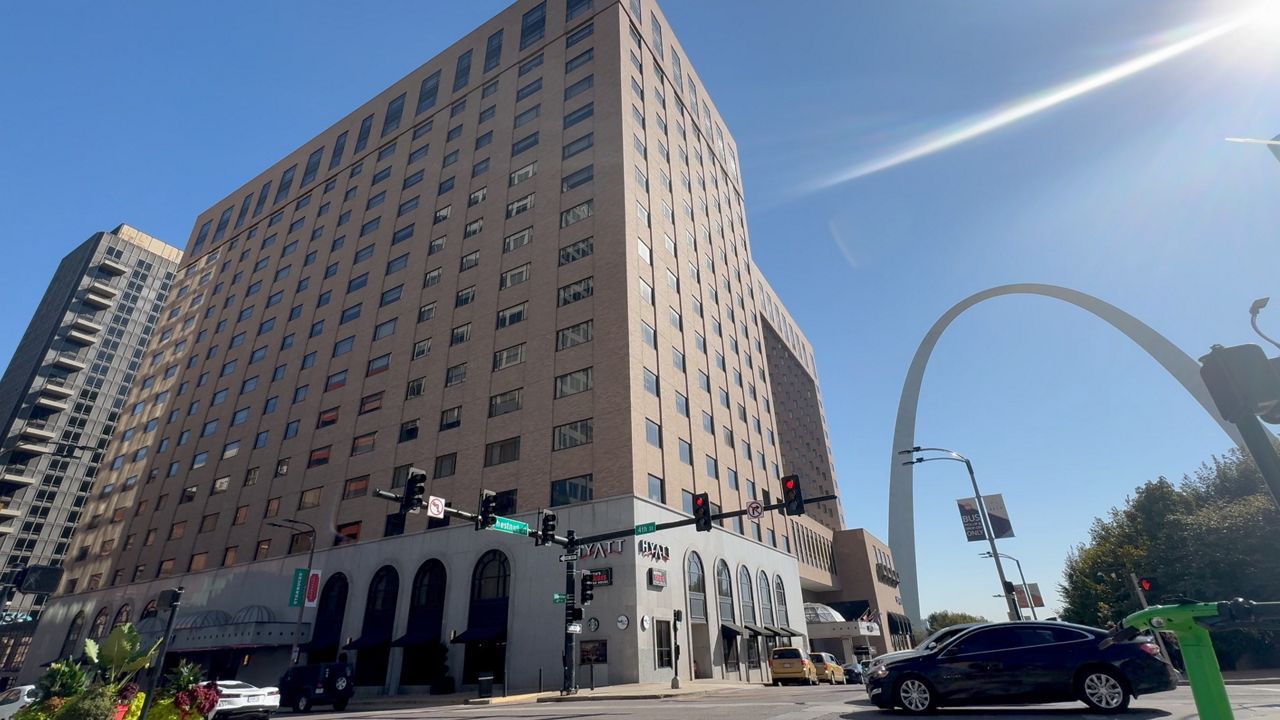ST. LOUIS — As a busy college athlete, St. Louis native Cam’Ron McCoy said finding time to make money is difficult, but having NIL deals, thanks to two local companies, has helped him earn capital on the side.
In 2020, a new regulation went into effect that allows college athletes to benefit or profit off of their name, image and likeness (NIL) and sales of items.
Student athletes can license or lend for compensation the use of their name, image, and likeness, such as running a camp/clinic in their hometown, being an influencer on social media, making appearances, signing autographs, and promoting a brand or product.
McCoy, a St. Mary's grad, is a sophomore at Eastern Michigan University studying business and playing football and baseball.
One of McCoy’s recent NIL opportunities was with FlipStik, a St. Louis-based company that creates smartphone adhesive accessories that allow people to use their device hands-free.
He posted a promotional video on his TikTok and Instagram that shows how FlipStik works while demonstrating his football skills.

McCoy learned about FlipStik through Athlytic, a platform where college athletes can browse NIL opportunities posted by brands and companies.
“It’s a blessing having these different deals and opportunities and ways to make money legally,” McCoy said. “As an athlete, it’s a real blessing being able to make money from something you were going to do anyway.”
Athlytic also is a resource for players to learn how to grow their brand and audience, and receive financial advice, according to Ashton Keys, founder and CEO of the St. Louis-based company.
“It’s to help them start thinking of themselves as a brand and start to learn what should they post, (and) how are people engaging with their content,” he said.
Brands can work peer-to-peer, reach out to athletes directly on the platform or advertise opportunities that specify requirements and compensation.
McCoy said Athlytic helps athletes understand criteria for NIL opportunities and answer any questions.
Prior to the new regulation, Keys was working at Michigan State University focused on supporting athletes being public figures. Working in college athletics, Keys understood the challenges of managing an athlete’s social media as a brand of a large university.
When he had heard rumblings about the new regulation, Keys wanted to create a platform helping athletes navigate this new space and wanted to figure out how to help them grow and manage potential opportunities.
“How do we create a platform to not only just allow athletes to find opportunities but support them on their education and support them on the financial side,” he said.
Based on news stories, Keys said people may think athletes make “a ton of money,” but the majority are not as lucky. With Athlytic, he wants to “support everybody and create a sense of equality amongst this new space.”
McCoy said Athlytic not only has helped him improve his social media skills, but it has helped him manage his earnings by setting up ways to receive payments.
Last year, McCoy and his teammate first participated in an opportunity with a new social media app called Campfire.
“He’s done that really well,” Keys said. “He’s made money, and that’s been very helpful for him.”
In addition to McCoy, Athlytic has been able to connect more than 20 athletes with FlipStik opportunities, according to Keys. FlipStik has partnered with athletes across the Midwest, including Nicole Oliveria from Central Michigan, Katie Moore from Iowa, and Aaron Jackson from Robert Morris.
While some athletes do not feel like natural creators, Keys said FlipStik can help make them feel comfortable creating content because the adhesive allows their phone to stick on any surface.
The partnership “just made a ton of sense in terms of business. We were able to provide the athletes that we work with the FlipStik back for the phones to create the content, but also, they were able to get compensation,” Keys said.
Custom printed FlipStiks are now being produced in St. Louis according to Akeem Shannon, founder and CEO. He said the company would love to work with more college athletes and ultimately with universities to have their branding on FlipStiks.
He said colleges can give them to students, athletes and alumni.
“We think it’s a great branding opportunity for the university and we also think it could potentially be a revenue driver either if they’re reselling them or students are selling them,” Shannon said.
Athlytic and FlipStik are both Arch Grant recipients and have gained national attention. Athlytic has been featured in “Forbes”and “Business Insider," and has received support from Mountain Dew, Rocket Mortgage and Mastercard.
FlipStik has appeared on “Shark Tank,” and has received endorsements from celebrities such as Snoop Dogg. FlipStik accessories are available in 3,000 retail stores nationwide, online, and are being globally distributed.
As he continues pursuing NIL opportunities, McCoy said he looks forward to meeting new people and building business relationships.
For college athletes searching for NIL deals, McCoy advises them to reach out to as many people as possible and not to be shy because “you never know who you might run into or what opportunity you might come across.”
McCoy also cautions fellow athletes that not all NIL opportunities are payout deals. He said there should be a contract or agreement that lists out compensation.
“Make sure you know what you’re getting yourself into,” McCoy said.
After college, he plans to professionally play either football or baseball.








